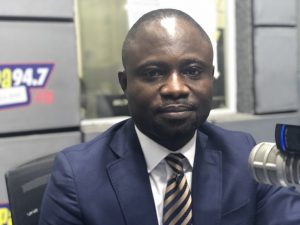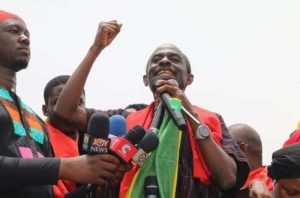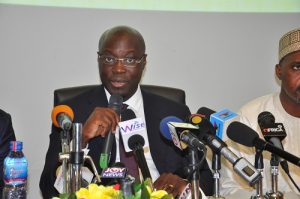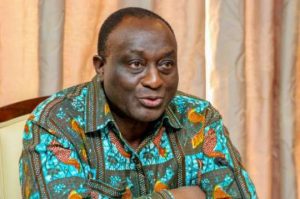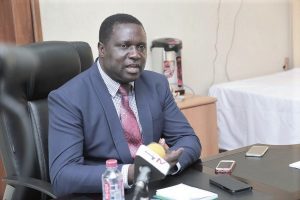Former President John Dramani Mahama, is suggesting that the state finances campaigns of viable political parties in order to prevent financiers from determining electoral outcomes.
Mr. Mahama is of the opinion that the state must bear some of the cost incurred by political parties during elections to ease the burden on the various parties.
Speaking during a public lecture on March 22, at UPSA auditorium in Accra, Mr. Mahama, a flagbearer hopeful of the National Democratic Congress (NDC) opined that, “on government support for political funding, some have argued that the only funding that may be advanced to parties and cannot be concealed in secrecy is public funding. This refers to government giving financial resources or indirect assistance to political parties. In the absence of such support, and given the huge cost of political activities, wealthy party financiers may take over as political godfathers who determine electoral outcomes and all that follows it”.
According to him, viable political parties play a strong role in promoting democracy in the country hence the need for the state to incur some of their expenditure in future.
“Viable political parties play a strong role in promoting democracy and sustainable development in any country. They perform key roles in the formation of government, develop leaders at various levels, and serve as a watchdog for incumbent governments. This is why we cannot continue to ignore the healthy development of our political parties, given the fact that these are also state political institutions,” he further suggested.
Mr. Mahama admitted that the state is now broke and therefore financing political campaigns going into the 2024 general elections is not an option.
He recommended that public funding of political parties be scaled up in the future supervised by an independent and credible institution to ensure fairness in the sharing formula.
Mr. Mahama observed, “Ghana today is broke. International credit rating agencies have placed us in junk status. Additional state financing can therefore not be a viable option on the table. Even if that becomes an option in the future, I recommend that we put in place an explicit Public Funding of Political Parties Bill in a bipartisan and inclusive manner”.
“I further recommend that should public funding of political parties be scaled up in the foreseeable future, then, an independent and credible institution must be selected to administer the state resources advanced to political parties. In that regard, a sharing formula could be established to ensure fairness and specific disclosure requirements for beneficiary parties. This must be complemented by auditing and publication of party accounts”.
Mr. Mahama called for consensus building on funding political parties.
“Even though I do not recommend additional state financing at this time of national economic meltdown, I accept a lot more needs to be understood regarding how political parties are financed because these could have implications on our developmental outcomes.
“We must understand how politicians finance their campaigns for office, and to whom they are indebted and are expected to repay. It is therefore important we engage in sustained discussions and build consensus on funding political parties within the context of public policy to promote good governance and democratic practices in Ghana,” Mr. Mahama proposed.


